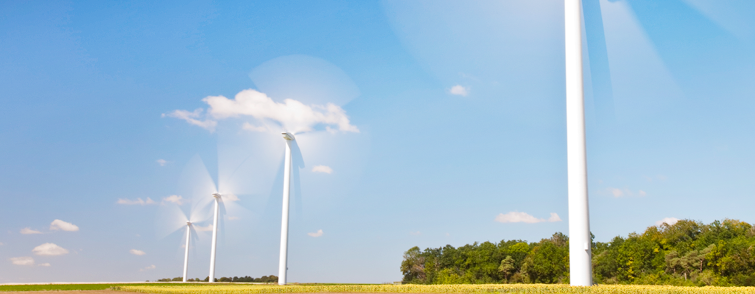232 Gongneung-ro, Nowon-gu, Seoul, 01811, korea
Tel :+82-2-970-6798
Fax : +82-2-970-6800
Copyright © Seoul National University of Science&Technology. All rights Reserved.

Extensive Explanation of DNEE
Developments of new and renewable energy and eco-friendly, clean energy are becoming important because the depletion of fossil fuels and global warming caused by the greenhouse effect are looming ahead. To address such problems, core technologies should be developed and engineers who have skillful knowledge and are educated by a multidisciplinary course should be trained. Our department is aiming at developing such core technologies and fostering high-profile, competent engineers. To that end, we created a multidisciplinary course of study that blends traditional engineering subjects like chemical, mechanical, electrical, material, control engineering with the adoption of an advanced placement program and guidance of many professional lecturers and professors, while varied research on BT-IT-NT-ET is being conducted with generous funding raised by various sources. In addition, based on the aforementioned educational and research goals, a cooperative system among school, industry, research and government is well organized and internship programs with energy-related industries and research are available. With such a systematic educational program, we believe that the engineers who become core workers for creating an advanced society and country are produced.
Main Academic and Research Parts of DNEE
As the academic and research subjects of our department, we propose (1) new and renewable energy topics such as hydrogen energy, fuel cell, solar cell, bio-energy, wind power energy, (2) clean new energy technology, (3) greenhouse gas technology, (4) high performance recovery technology using unused energy, and (5) new materials for high energy efficiency. In addition, developments of (1) technology for future new energy, (2) new materials and processes for future power plants, (3) network interconnection technology for optimized energy grid systems are conducted with re-education for official workers and advanced education for full-time students. In order to do that efficiently, we divide our Ph.D. degree into two types: Ph.D. obtained by carrying out academic research and D.Eng. obtained by carrying out business style research. Such a flexible and diverse educational and degree system can provide a specialized education for on-site workers as well as full-time students.
DNEE-Related Industries
In the DNEE, industries using natural energy resources like natural gas, hydrogen energy, solar energy, bioenergy, wind power energy, hydraulic energy, fuel cells, coal liquefaction, marine energy and nuclear energy can be considered central interests in the DNEE. Also, industries that are working for the creation, utilization, supply and demand of energy are the fields that require workers educated by the DNEE.
Development Prospect of DNEE
Recently, the usage rate of new and renewable energy in Korea is less than 1% of the total energy usage, while that of developed countries reaches about 20%, meaning that we should make more efforts to increase the rate on a national scale. Due to that reason, fund raising and technology manpower cultivation associated with creation and usage of the new and renewable energy will be intensified in the future, while the demand for manpower with backgrounds in energy policy and technology will increase explosively. To reflect such global/national trends, our DNEE will do our best and is willing to play a core role in developing related technology and cultivating skillful engineers.